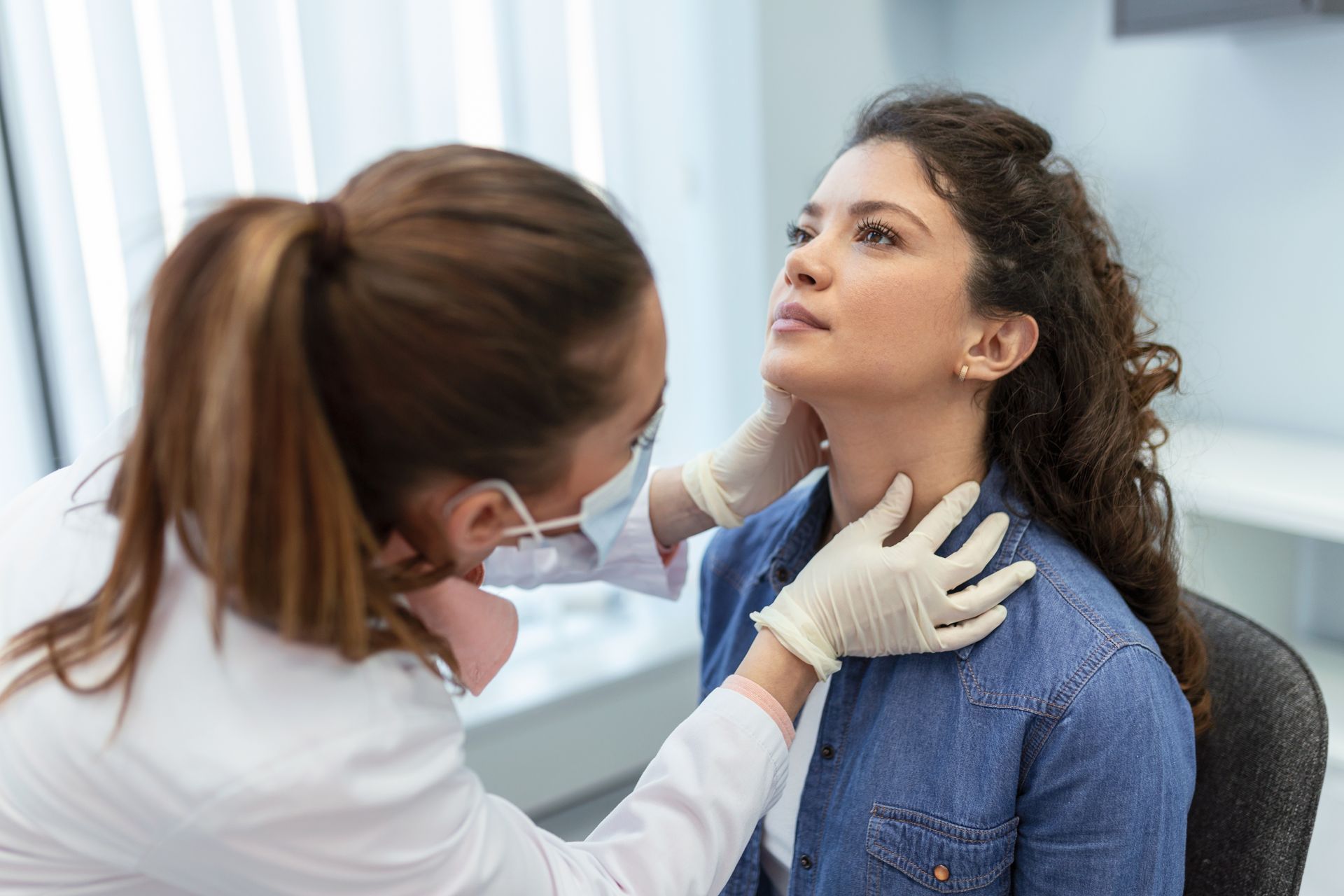Recent Posts
COVID-19: What You Need to Know About the Coronavirus
If you are experiencing symptoms related to COVID-19 (fever, cough, sore throat and shortness of breath), have traveled to areas experiencing an outbreak or have been exposed to someone with the virus, please contact us at 713.778.1300 before coming to the clinic. The medical provider team will complete a virtual visit to assess your immediate medical needs. Please call the clinic for any further questions or use the online chat feature.
Turn on any news channel or browse any website and you’ll see people talking about it — the coronavirus. There are articles written about it, bans on travel because of it, and even memes poking fun of it, but the real question on your mind is whether or not you should be worried. What are your chances of catching the virus, and is it as deadly as the news makes it out to be?
What is COVID-19 (Coronavirus)?
COVID-19 — also known as the coronavirus — is a respiratory illness that spreads from person to person. It can spread through contact or the air and has quickly been spreading around the globe. It began as an outbreak in Wuhan, China, but has since flared in Spain, Italy, the US, and more. The first case was reported in January, and now there are more than 600 cases in the US alone. But, what does that number really mean, and how does it compare with illnesses like the common flu?
The Facts About Coronavirus
Around the world, more than 113,000 cases of the coronavirus have been reported. While that number may seem high, more than 34 million cases of influenza — also known as the flu — in the US have already been reported this year. And, that’s not considering the rest of the world.
There have been 25 total deaths in the US since the first reported case of COVID-19. Since then, 20,000 deaths have occurred from influenza. While neither of those numbers is comforting, it should bring you some relief that this epidemic — while serious — is not as critical as some outlets may want you to believe. Most fatal cases of coronavirus occurred in older individuals where the immune system is weaker or in individuals who have compromised immune systems due to preexisting conditions.
How to Prevent Coronavirus
Similar to influenza, the best way to prevent contracting COVID-19 is by practicing good hygiene, boosting your immune system, and avoiding people who may have the illness. To prevent contracting the disease, you should:
- Wash your hands frequently and thoroughly with soap and warm water for 20 seconds
- Use an alcohol-based hand sanitizer that contains at least 60% alcohol if soap and water is unavailable
- Avoid touching your eyes, nose, and mouth with unwashed hands
- Avoid close contact with people who are sick
In addition to keeping up with your personal hygiene, also be mindful of shared items. Either use a wipe to clean them before use or use a cloth or other item to create a barrier when interacting with them. These are public items that you temporarily use, but are also used by other individuals. The most common include:
- Shopping carts
- Airplane trays
- Public doors — especially restrooms
- Keyboards — and other electronics
- Water coolers
Symptoms of Coronavirus
The symptoms of COVID-19 occur gradually, and it may take several days after contact for you to begin experiencing them. Most patients have the following symptoms:
- Mild to severe respiratory problems
- Fever
- A dry cough
- Shortness of breath
Treatment Options
Unlike influenza, there is currently no vaccine for COVID-19. There is also no specific treatment plan yet. The symptoms typically go away on their own — but in severe cases, you should contact your doctor. They can prescribe pain or fever medication to alleviate symptoms. As with the flu, you should drink fluids and get plenty of rest. If you suspect you may have COVID-19, you should avoid contact with others and wear a facemask to prevent spreading the virus to others.
Diagnosing Coronavirus
If you believe you may have COVID-19, you should contact your doctor immediately. But, before going to the doctor’s office, call and talk to them about your concerns. They’ll be able to provide guidance over the phone and tips for how to prevent spreading the disease. During your appointment, your doctor will run some tests to rule out common infections — such as influenza and the common cold. In some cases, you may be asked to self-isolate yourself to prevent spreading the illness.
Resources for More Information about Coronavirus
World Health Organization (WHO)









